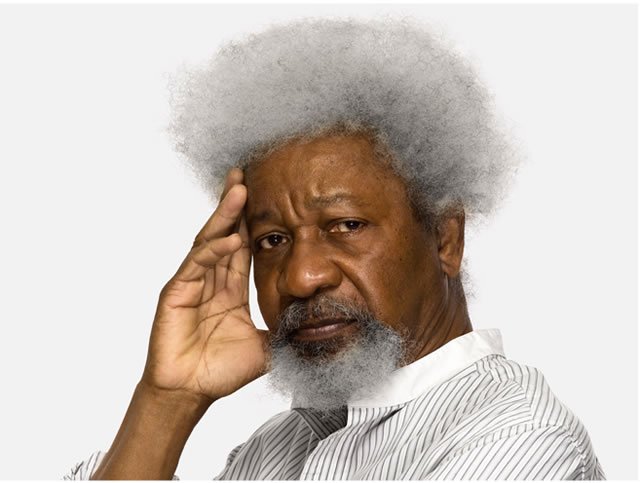
Nobel Laureate, Prof. Wole Soyinka, was our guest at the PUNCH FORUM, where he entertained questions on a variety of issues, including the ongoing anti-corruption fight of President Muhammadu Buhari and the need to heed clamour for the restructuring of the country. Dayo Oketola, Tobi Aworinde and Toluwani Eniola present the excerpts
During the Abacha era, you wrote a book, “The open sore of a continent: A personal narrative of the Nigerian crisis.” To quote one of the many statements you made there, “We may actually be witnessing a nation on the verge of extinction. We must also not neglect to decide the precise nature of the problematic. That is, are we trying to keep Nigeria as a nation, or are we trying to make it one? The difference is crucial.” Is Nigeria dying as a country?
I distinguish between what I call an organically evolved human entity and one which is arbitrarily imposed; in other words, which is created and constructed outside the will, the volition of the people. Because for me, I don’t look at a nation as a geographically bounded piece of real estate. I look at it from the point of view of its inhabitants; those who are committed to the nation and who feel that they are a part of it. Look at what is happening in Europe today — and I am not just referring to the recent Brexit. I actually have visited the Scottish parliament; I delivered a lecture there many years ago. And while I was there, it was virtually either on the eve of a referendum on whether Scotland wanted to stay in the United Kingdom or opt out. So, there is nothing new about people opting out of certain entities. There must be reasons why such an ancient, tested entity, such as the United Kingdom, must have felt that they didn’t want to be part of that entity any longer. In other words, I refer to that as an example of a nation that does not feel it is a nation in which a majority of the people, the circumstances, the culture, the economics—economic structure—for many of these reasons, maybe even just culture, for some of them, they are not quite a nation. And that leads to a desire to opt out and become a nation or at least try to be a nation. So, it is that distinction that I was referring to in that.
Also, you can have a slave plantation, which is regulated with facilities, ultra-modern facilities, and yet, because of the condition of the humanity inside it, it is not a nation. It’s just a slave plantation. This nation came very close to becoming a slave plantation under Abacha. In fact, it was already becoming one. The moment you start making excuses for brutality, dictatorship, inequality, injustice of any kind, you are already entering the status of a slave plantation. So, that’s what I was thinking at the time: Whether we see ourselves really as a people bound together under our own self-volition or we’ve succumbed to a new artificial construct under a brutal and incontinent dictator. That’s the distinction I was making. And at that time, I wasn’t sure because Nigerians were beginning to accommodate this unacceptable condition of humanity. So, to the question really thrown at Nigerians, are you sure you are a nation? Because if you continue to accept this, you are not a nation; you are just a slave plantation. If you are resisting, then you are trying to become a nation.